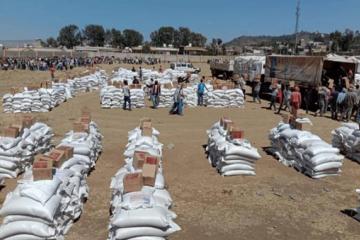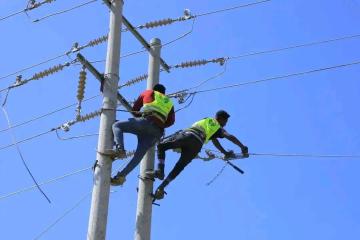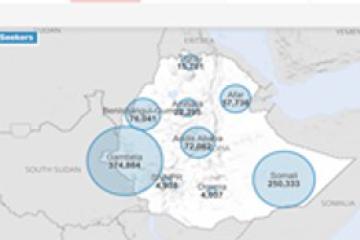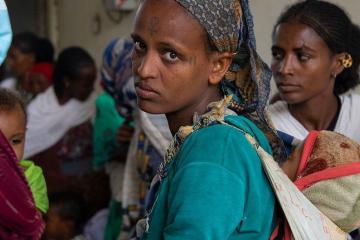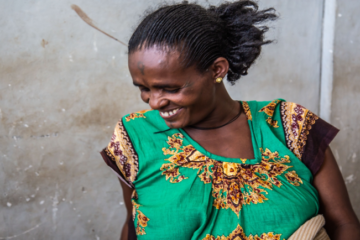Featured Stories/Blogs
Advanced Search
Ethiopia restores electricity to various towns in Southern Tigray, Amhara regions
By: Ethiopia restores electricity to various towns in Southern Tigray, Amhara regions | Published On:
The Ethiopian Electric Utility says electricity has been restored in areas stretching from Alamata in southern Tigray to Kobo in North Wollo Zone of the Amhara Region. The towns include Korem
Ethiopia - Total Refugees and Asylum Seekers
By: Ethiopia - Total Refugees and Asylum Seekers | Published On:
With a large workforce and multiple offices across diverse regions and contexts in Ethiopia, UNHCR works with the Government’s Refugees and Returnees Service (RSS) to respond to the needs of refugees across 23 refugee camps/sites in Ethiopia.
Ethiopia - Data on forcibly displaced populations and stateless persons
By: Ethiopia - Data on forcibly displaced populations and stateless persons | Published On:
Data collated by UNHCR, containing information about forcibly displaced populations and stateless persons, spanning across more than 70 years of statistical activities. The data includes the countries / territories of asylum and origin. Specific…
Northern Ethiopia facing devastating spike in preventable disease: WHO
By: Northern Ethiopia facing devastating spike in preventable disease: WHO | Published On:
The UN health agency WHO expressed serious concerns about a likely spike in a range of preventable diseases in Ethiopia’s northern regions - and in particular Tigray – caused by nearly two years of conflict and chronic aid access problems.
Northern Ethiopia facing devastating spike in preventable disease: WHO
By: Northern Ethiopia facing devastating spike in preventable disease: WHO | Published On:
The UN health agency WHO expressed serious concerns about a likely spike in a range of preventable diseases in Ethiopia’s northern regions - and in particular Tigray – caused by nearly two years of conflict and chronic aid access problems.
UNFPA and Government of Ethiopia launch Country Compact on co-financing procurement of reproductive health commodities
By: UNFPA and Government of Ethiopia launch Country Compact on co-financing procurement of reproductive health commodities | Published On:
UNFPA and the Ministry of Health launched the Country Compact on co-financing the procurement of reproductive health commodities. The Country Compact was signed between the Ministry of Health, Ministry of Finance and UNFPA.
UNFPA and Government of Ethiopia launch Country Compact on co-financing procurement of reproductive health commodities
By: UNFPA and Government of Ethiopia launch Country Compact on co-financing procurement of reproductive health commodities | Published On:
UNFPA and the Ministry of Health launched the Country Compact on co-financing the procurement of reproductive health commodities. The Country Compact was signed between the Ministry of Health, Ministry of Finance and UNFPA.
UNFPA and Government of Ethiopia launch Country Compact on co-financing procurement of reproductive health commodities
By: UNFPA and Government of Ethiopia launch Country Compact on co-financing procurement of reproductive health commodities | Published On:
UNFPA and the Ministry of Health launched the Country Compact on co-financing the procurement of reproductive health commodities. The Country Compact was signed between the Ministry of Health, Ministry of Finance and UNFPA.


